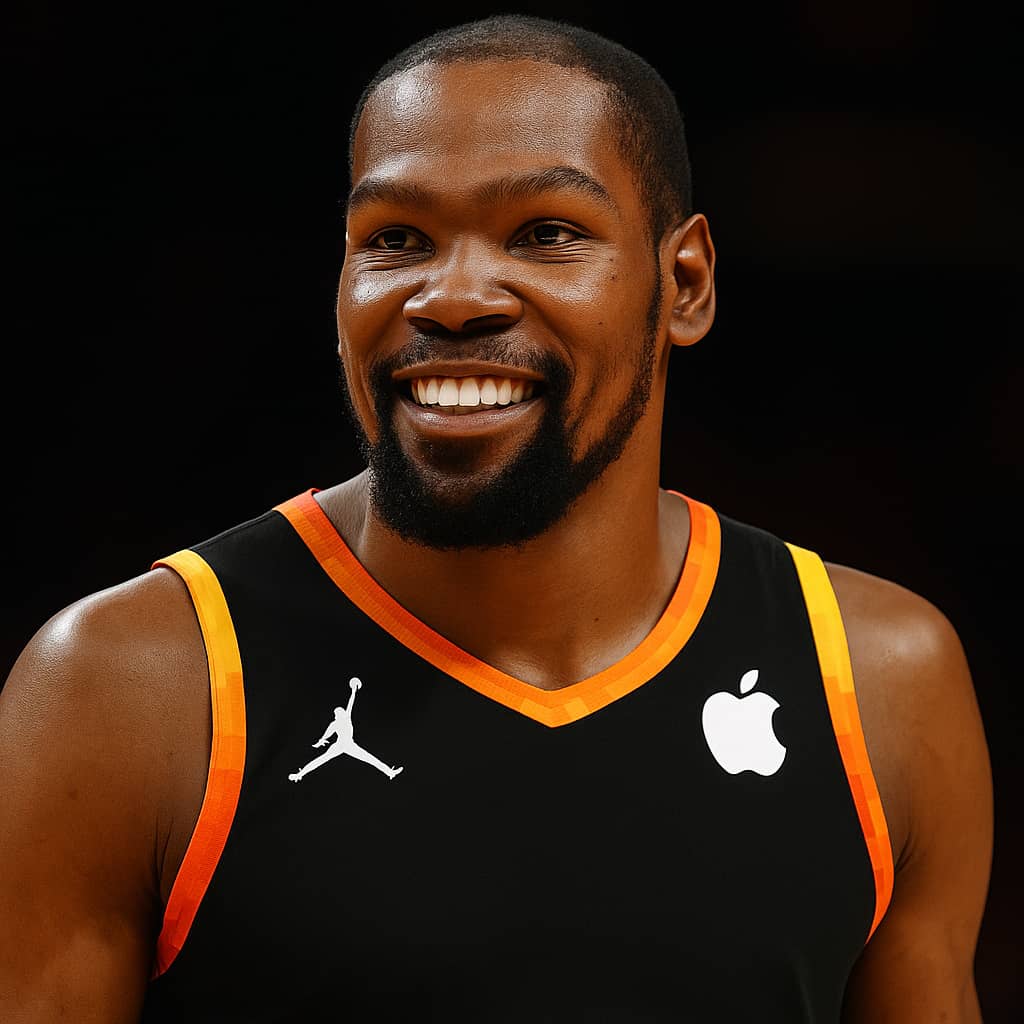Fencing Rattled by Suspensions and Accusations Ahead of Olympics
Two months before the Paris Olympics, the world of international saber fencing finds itself embroiled in controversy, with serious questions arising about the integrity of refereeing and allegations of preferential treatment threatening to overshadow the sport. Concerns have been raised by USA Fencing, the governing body for the sport in the United States, which recently took unprecedented action by suspending two international referees and calling for further investigations.
### Suspensions and Concerns
USA Fencing suspended referees Jacobo Morales and Brandon Romo for nine months after it was revealed they communicated during an Olympic qualifying tournament in California. This communication occurred during a match involving Tatiana Nazlymov, a top American saber fencer. While both referees denied any wrongdoing, the situation raised red flags about potential manipulation.
An internal investigation concluded that there was an “appearance of impropriety,” though no concrete evidence of collusion was found. Despite the lack of definitive proof, USA Fencing had initially sought harsher 10-year bans for both referees before settling on the nine-month suspensions.
### Broader Implications
The suspensions are part of a broader concern within USA Fencing about the fairness and integrity of refereeing. The federation has also expressed worries about two other referees, Vasil Milenchev of Bulgaria and Yevgeniy Dyaokokin of Kazakhstan. According to a letter sent by Phil Andrews, CEO of USA Fencing, to the International Fencing Federation (FIE), video evidence suggested these referees might have shown favoritism towards American fencers, including Nazlymov and Mitchell Saron.
USA Fencing requested that these referees be barred from officiating matches involving American athletes. However, as of now, both continue to judge such matches, and the outcome of any investigation by the FIE remains unknown.
### Athlete Reactions
The controversy has left athletes like Andrew Mackiewicz, a former Olympic fencer, disillusioned. Mackiewicz, who stepped away from the sport in February, voiced his frustration, saying he had long believed in the sport’s foundation of honor and integrity, only to feel betrayed by recent events.
“Part of me feels so foolish for thinking all this time that the sport was built on honor, integrity and dedication,” Mackiewicz said. “It wasn’t. It was like a mirage.”
### The Role of Subjectivity
Fencing relies on electronic scoring, but the rules governing the sport leave room for subjective judgment by referees, especially in saber fencing, where actions occur rapidly and often simultaneously. This subjectivity, according to Yury Gelman, a veteran fencing coach, creates opportunities for corruption that are challenging to substantiate.
“Subjectivity creates a lot of room for corruption,” Gelman said. “It can be difficult to prove, but the signs are there.”
### Future Actions
In December, USA Fencing sent another letter to Nazlymov and Saron, acknowledging potential preferential treatment but ultimately did not threaten any immediate sanctions. The federation emphasized that while it had no reason to believe the athletes were complicit, it was aware of alleged manipulation.
Nazlymov and Saron have since been named to the U.S. team for the Paris Olympics. The cloud of suspicion surrounding their performances and the referees overseeing their matches highlights the urgent need for transparency and stricter oversight in fencing.
### Moving Forward
As the Olympics approach, the fencing community is calling for stronger measures to ensure fair play. More than a half-dozen elite fencers have demanded harsher punishments for those found guilty of manipulating matches and have urged the sport’s governing bodies to take swift action.
The integrity of fencing, a sport contested at every Summer Games since 1896, hangs in the balance. With its reputation at stake, the fencing world faces a critical juncture where the pursuit of fairness and transparency must prevail to restore confidence among athletes, coaches, and fans alike.



